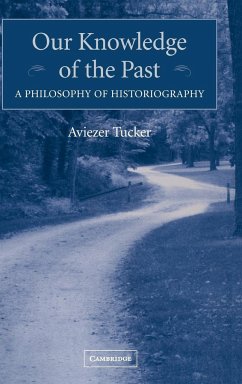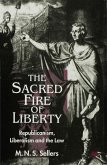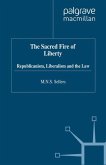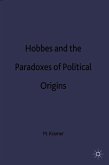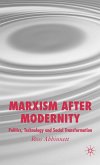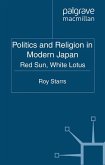Short description/annotation
Presents a philosophical analysis of the disciplines that offer scientific knowledge of the past.
Main description
How do historians, comparative linguists, biblical and textual critics and evolutionary biologists establish beliefs about the past(?)33; How do they know the past(?)33; This book presents a philosophical analysis of the disciplines that offer scientific knowledge of the past. Using the analytic tools of contemporary epistemology and philosophy of science the book covers such topics as evidence, theory, methodology, explanation, determination and underdetermination, coincidence, contingency and counterfactuals in historiography. Aviezer Tucker's central claim is that historiography as a scientific discipline should be thought of as an effort to explain the evidence of past events. He also emphasizes the similarity between historiographic methodology to Darwinian evolutionary biology. This is an important, fresh new approach to historiography and will be read by philosophers, historians and social scientists interested in the methodological foundations of their disciplines.
Table of contents:
Introduction: the philosophy of historiography; 1. Consensus and historiographic knowledge; 2. The history of knowledge of history; 3. The theory of scientific historiography; 4. Historiographic opinion; 5. Historiographic explanation; 6. The limits of historiographic knowledge; Conclusion. Historiography and history.
Presents a philosophical analysis of the disciplines that offer scientific knowledge of the past.
Main description
How do historians, comparative linguists, biblical and textual critics and evolutionary biologists establish beliefs about the past(?)33; How do they know the past(?)33; This book presents a philosophical analysis of the disciplines that offer scientific knowledge of the past. Using the analytic tools of contemporary epistemology and philosophy of science the book covers such topics as evidence, theory, methodology, explanation, determination and underdetermination, coincidence, contingency and counterfactuals in historiography. Aviezer Tucker's central claim is that historiography as a scientific discipline should be thought of as an effort to explain the evidence of past events. He also emphasizes the similarity between historiographic methodology to Darwinian evolutionary biology. This is an important, fresh new approach to historiography and will be read by philosophers, historians and social scientists interested in the methodological foundations of their disciplines.
Table of contents:
Introduction: the philosophy of historiography; 1. Consensus and historiographic knowledge; 2. The history of knowledge of history; 3. The theory of scientific historiography; 4. Historiographic opinion; 5. Historiographic explanation; 6. The limits of historiographic knowledge; Conclusion. Historiography and history.

